MANAGING STRESS
POCKET STUDY SKILLS
Series Editor: Kate Williams, Oxford Brookes University, UK
Illustrations by Sallie Godwin
For the time-pushed student, the Pocket Study Skills pack a lot of advice into a little book. Each guide focuses on a single crucial aspect of study giving you step-by-step guidance, handy tips and clear advice on how to approach the important areas which will continually be at the core of your studies.
Published
14 Days to Exam Success
Analyzing a Case Study
Blogs, Wikis, Podcasts and More
Brilliant Writing Tips for Students
Completing Your PhD
Doing Research (2nd edn)
Getting Critical (2nd edn)
Managing Stress
Planning Your Dissertation
Planning Your Essay (2nd edn)
Planning Your PhD
Posters and Presentations
Reading and Making Notes (2nd edn)
Referencing and Understanding Plagiarism (2nd edn)
Reflective Writing
Report Writing
Science Study Skills
Studying with Dyslexia (2nd edn) Success in Groupwork
Time Management
Wheres Your Argument? Writing for University (2nd edn)
MANAGING STRESS
POCKET STUDY SKILLS
Kate Joseph and Chris Irons

Kate Joseph and Chris Irons 2018
All rights reserved. No reproduction, copy or transmission of this publication may be made without written permission.
No portion of this publication may be reproduced, copied or transmitted save with written permission or in accordance with the provisions of the Copyright, Designs and Patents Act 1988, or under the terms of any licence permitting limited copying issued by the Copyright Licensing Agency, Saffron House, 610 Kirby Street, London EC1N 8TS.
Any person who does any unauthorized act in relation to this publication may be liable to criminal prosecution and civil claims for damages.
The authors have asserted their rights to be identified as the authors of this work in accordance with the Copyright, Designs and Patents Act 1988.
First published 2018 by
PALGRAVE
Palgrave in the UK is an imprint of Macmillan Publishers Limited, registered in England, company number 785998, of 4 Crinan Street, London, N1 9XW.
Palgrave and Macmillan are registered trademarks in the United States, the United Kingdom, Europe and other countries.
ISBN 9781352001778 paperback
This book is printed on paper suitable for recycling and made from fully managed and sustained forest sources. Logging, pulping and manufacturing processes are expected to conform to the environmental regulations of the country of origin.
A catalogue record for this book is available from the British Library.
A catalog record for this book is available from the Library of Congress.
Contents
Acknowledgements
We would like to thank the many people who have helped us to produce this guide. The students we have worked with over the years at UCL and other universities have been the main inspiration. Their openness and courage in sharing their experiences of the ups and downs of university life has helped us to learn how to help them manage stress and other difficult feelings. Several students also commented on the book and we would like to thank them in particular.
University colleagues have also been instrumental in advising and supporting us: Barry Keane and Catherine McAteer (Managers at UCL Student Psychological Service), Richard Irons (Academic Registrar, University of Derby) and colleagues from the Compassionate Mind Foundation.
Thanks too to Sallie Godwin for her inventive illustrations and to Helen Caunce and Kate Williams at Palgrave for their guidance in making the project happen.
Finally, a thank you to Adam and Korina for their enthusiasm and encouragement.
Introduction
University is a time of change. It involves new academic and social experiences, and for many, new responsibilities, such as managing finances and fitting studies around work. The changes can trigger a range of feelings, from excitement and joy, to apprehension, anxiety, and loneliness sometimes all at once! Transitions occur at different stages of university life, and any of these can contribute to feelings of stress.
Transitions at different stages of university
Transition at university | New challenges |
School or college to first-year undergraduate studies | Meeting new people; moving out of home; adapting to a new learning environment with less support |
First-year to second-year undergraduate | Adapting to a more advanced level of classes; higher expectations for written work; maintaining friendships |
Second-year to final-year undergraduate | Managing the pressure of final exams and dissertations; applying for work or further study |
Undergraduate to Masters studies | Becoming a researcher; adapting to an intensive course and the jump from undergraduate to postgraduate teaching |
Masters to PhD | Developing your own research idea; planning a long-term project; having a viva to defend your research |
If youre reading this, it may be that youve been finding life at university difficult recently, or that someone thought it might be helpful for you or for someone you know. The five parts of this book will help you to understand what stress is, why you experience it, and crucially, what you can do to manage it.
What this Pocket Guide can do
This guide can help you to:
 learn about what stress is, and why we experience it
learn about what stress is, and why we experience it
 understand what happens in the brain and body when you get stressed
understand what happens in the brain and body when you get stressed
 identify your stress and anxiety triggers
identify your stress and anxiety triggers
 learn new coping strategies to manage stress from two evidence-based approaches: Cognitive Behavioural Therapy and Compassion Focused Therapy
learn new coping strategies to manage stress from two evidence-based approaches: Cognitive Behavioural Therapy and Compassion Focused Therapy
 plan your time to prevent stress from becoming overwhelming
plan your time to prevent stress from becoming overwhelming
 learn to look after yourself to manage the ups and downs of university life
learn to look after yourself to manage the ups and downs of university life
 find out what other sources of help and support are on offer.
find out what other sources of help and support are on offer.
What this Pocket Guide cant do
This guide cant help:
 with specific psychological or mental health issues (e.g. depression, Obsessive Compulsive Disorder, Attention Deficit Hyperactivity Disorder, Aspergers Syndrome, psychosis) that may require treatment from a trained professional
with specific psychological or mental health issues (e.g. depression, Obsessive Compulsive Disorder, Attention Deficit Hyperactivity Disorder, Aspergers Syndrome, psychosis) that may require treatment from a trained professional
 if you are very distressed. If this is the case you should seek professional help through your GP or University Counselling Service
if you are very distressed. If this is the case you should seek professional help through your GP or University Counselling Service
 if you are in crisis or need urgent support. If this is what youre experiencing, you can go to your GP or the Accident & Emergency Department in your local hospital (see also, Ideas for Further support, p. 98 for crisis helplines).
if you are in crisis or need urgent support. If this is what youre experiencing, you can go to your GP or the Accident & Emergency Department in your local hospital (see also, Ideas for Further support, p. 98 for crisis helplines).
Many people find it hard to manage stress alone. So, if you feel you need more support or longer-term counselling or therapy, see Ideas for Further Support, for accredited therapy organisations, p. 98 .
Next page
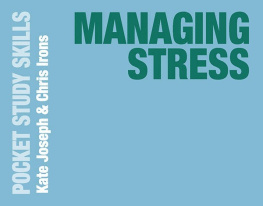
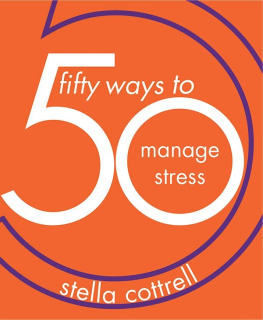
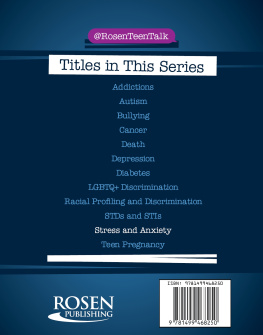
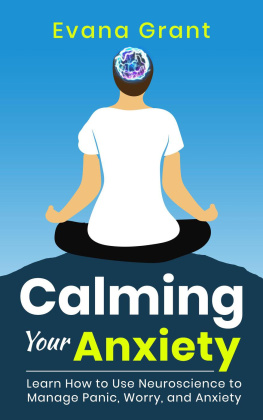

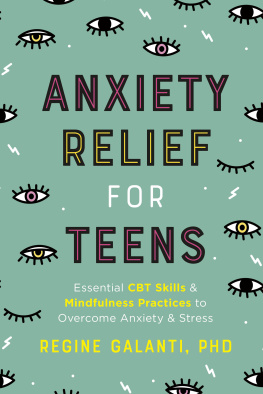
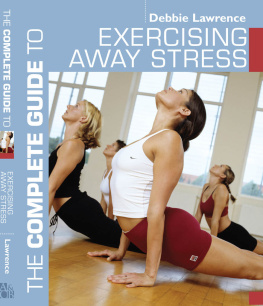

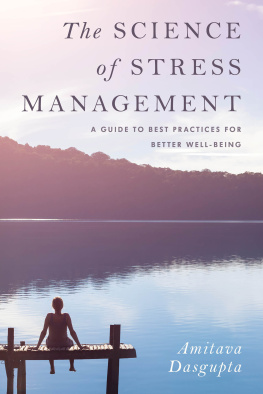
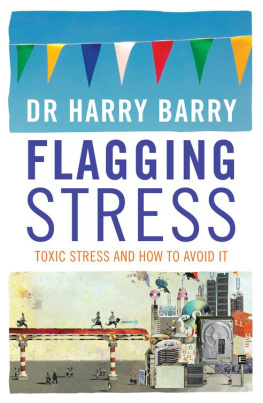
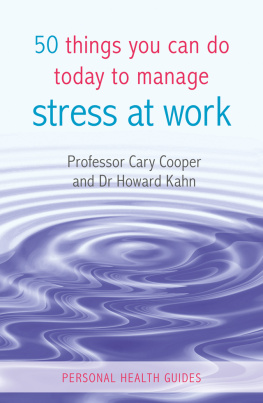
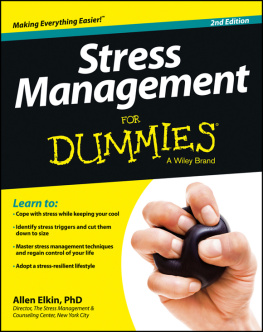


 learn about what stress is, and why we experience it
learn about what stress is, and why we experience it